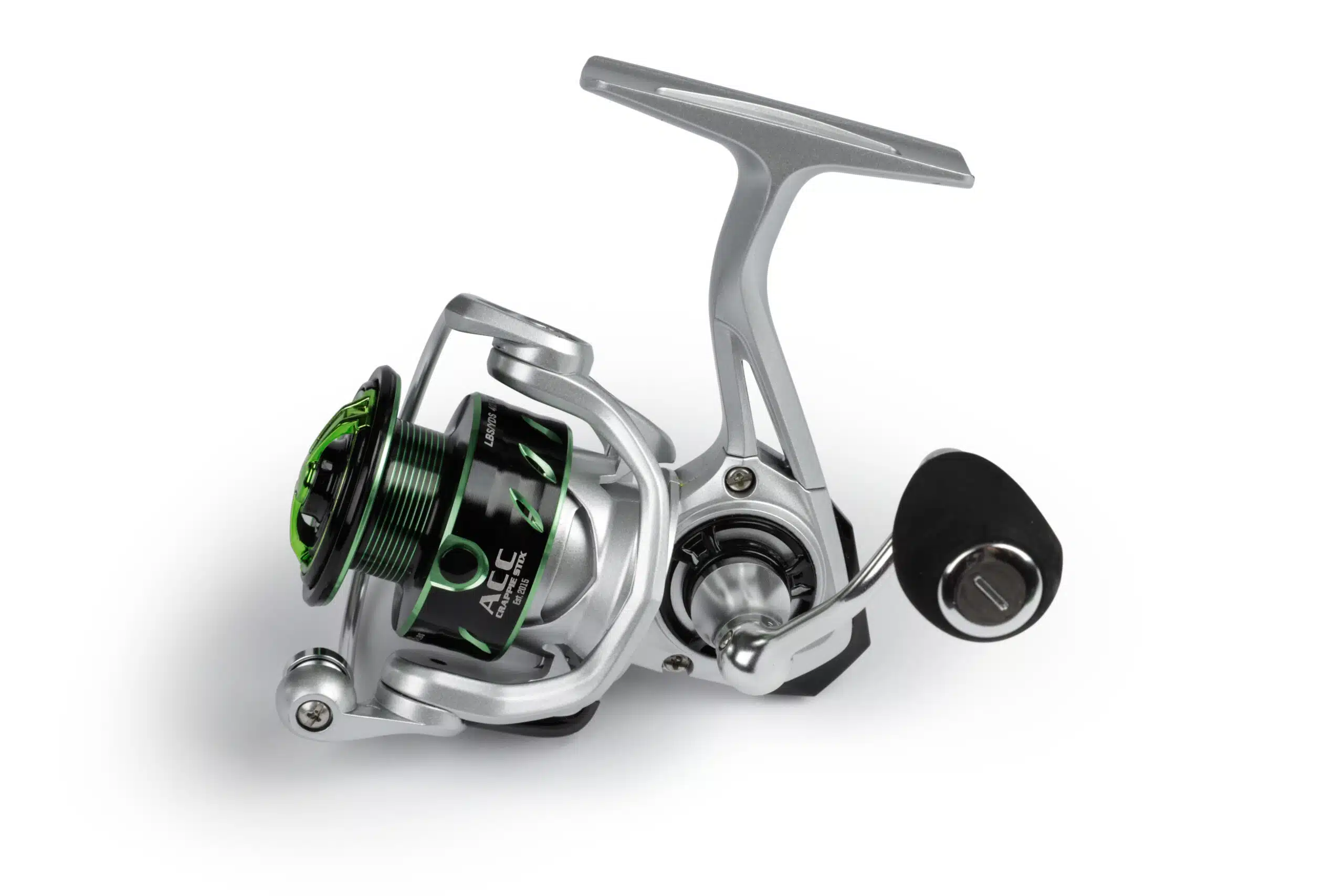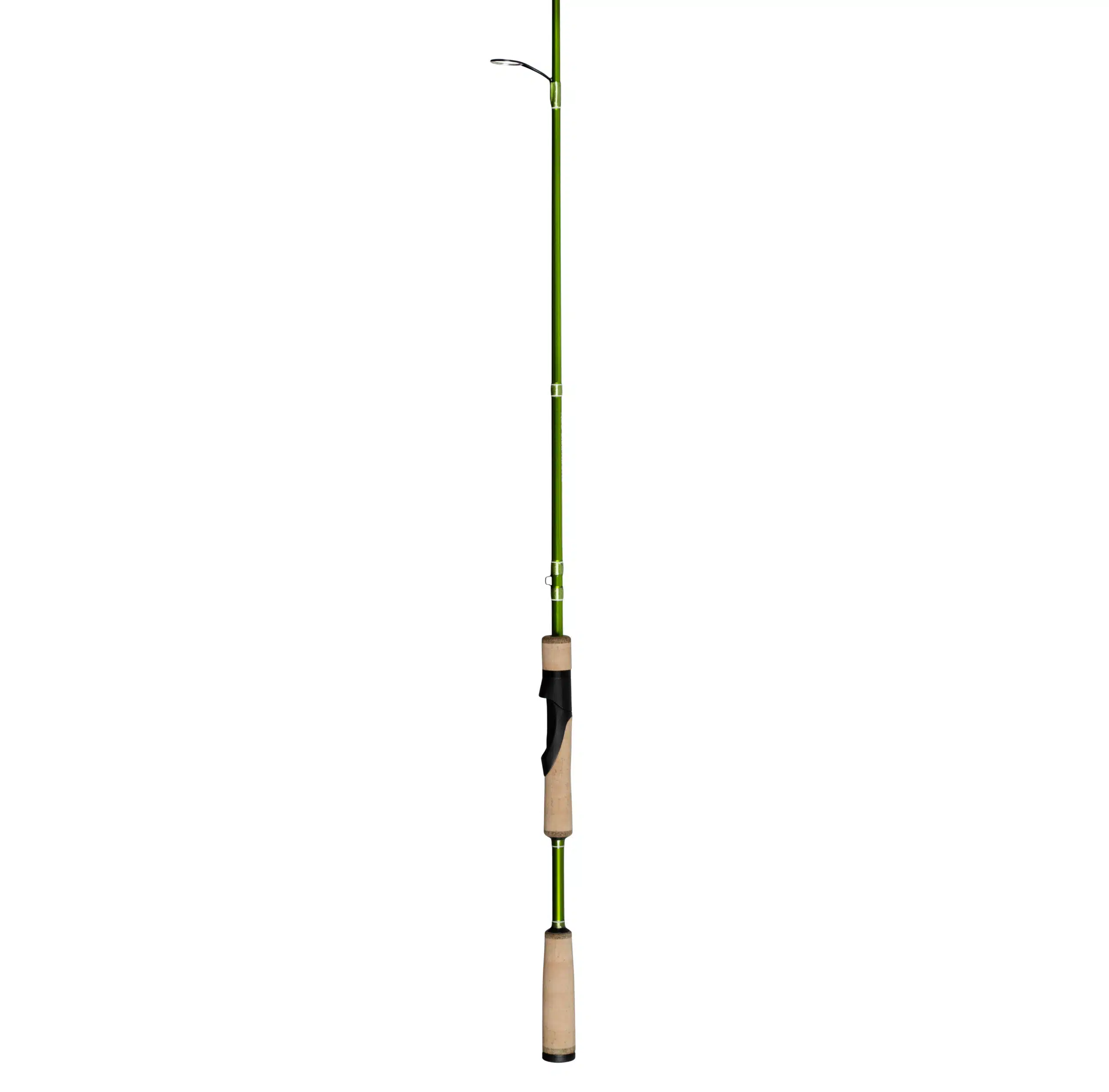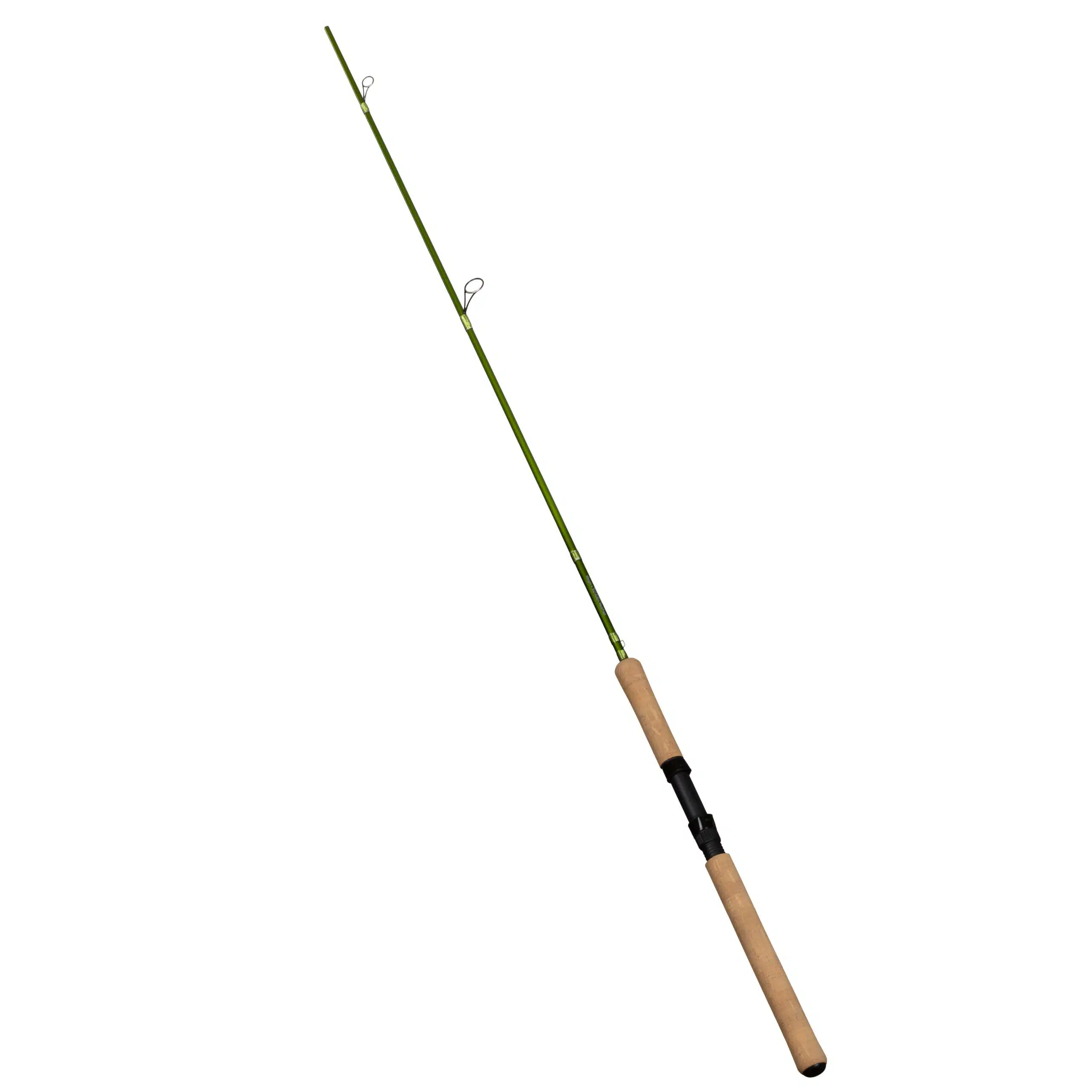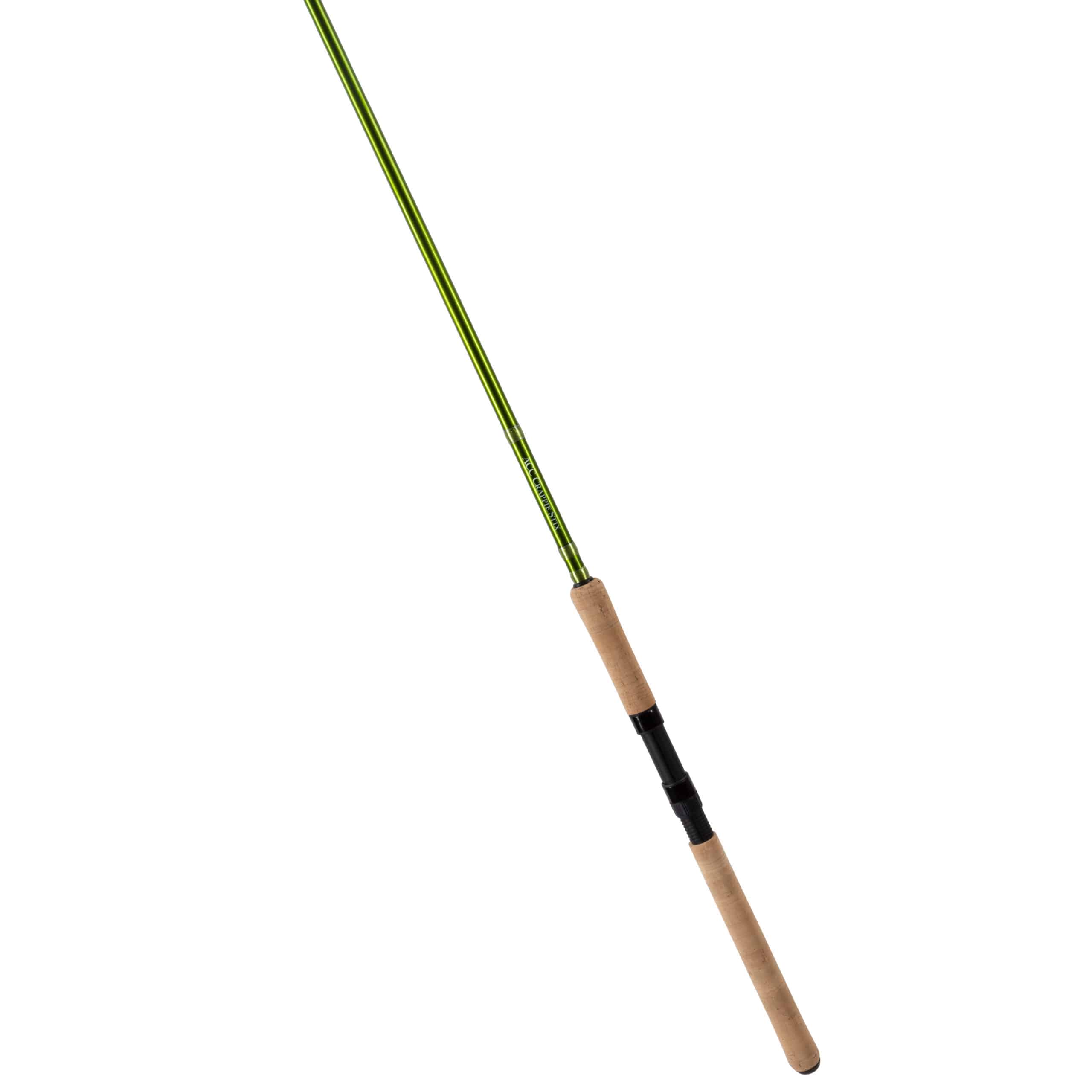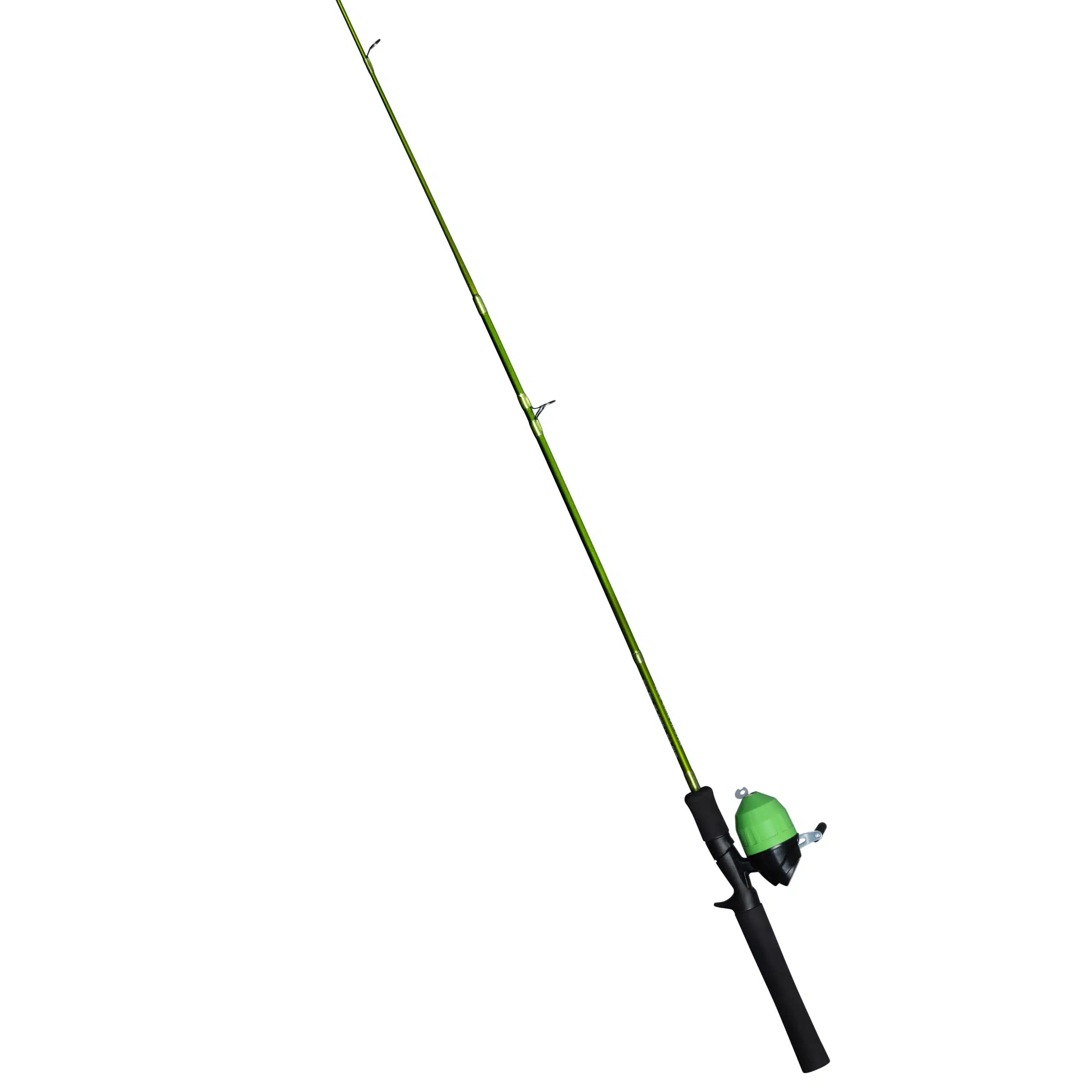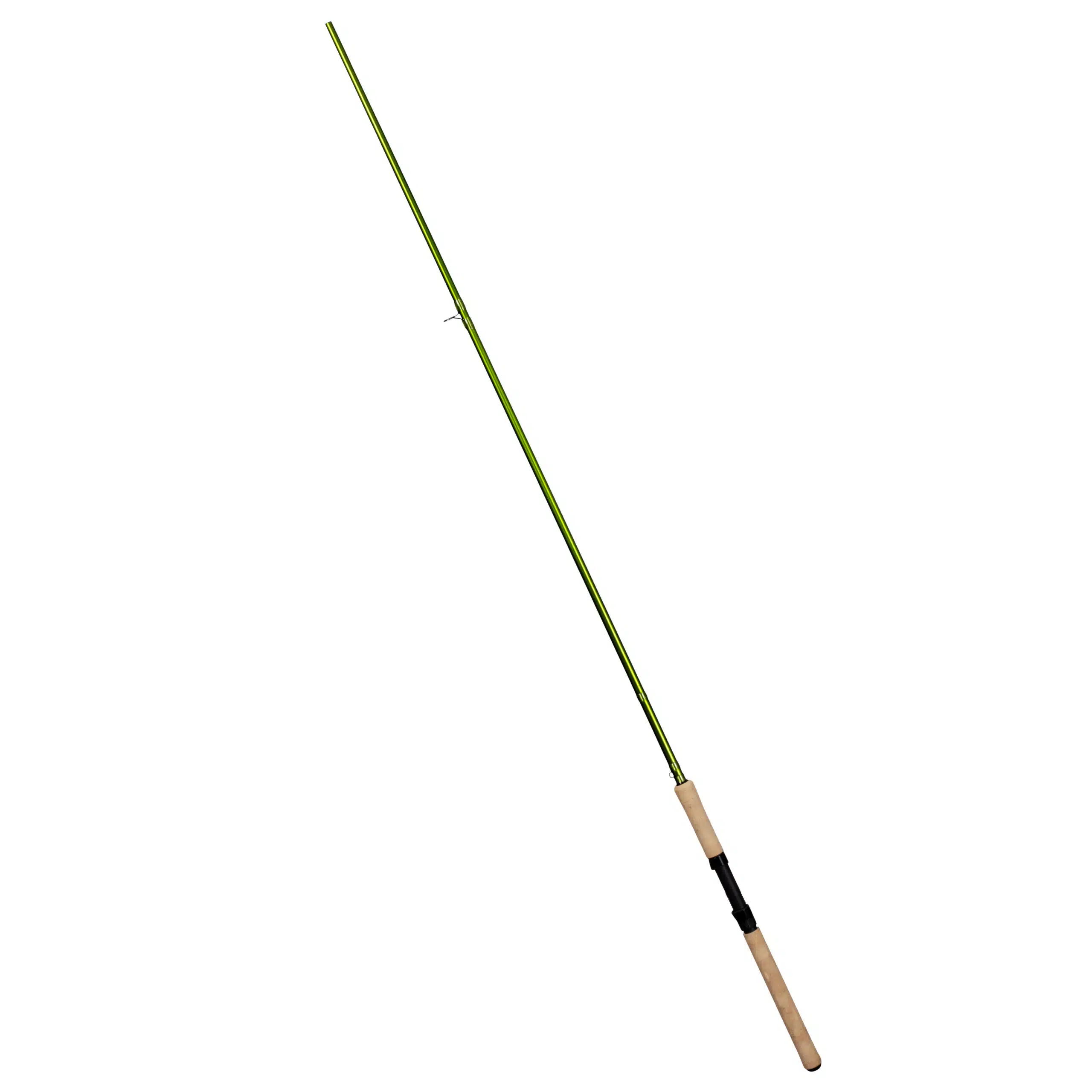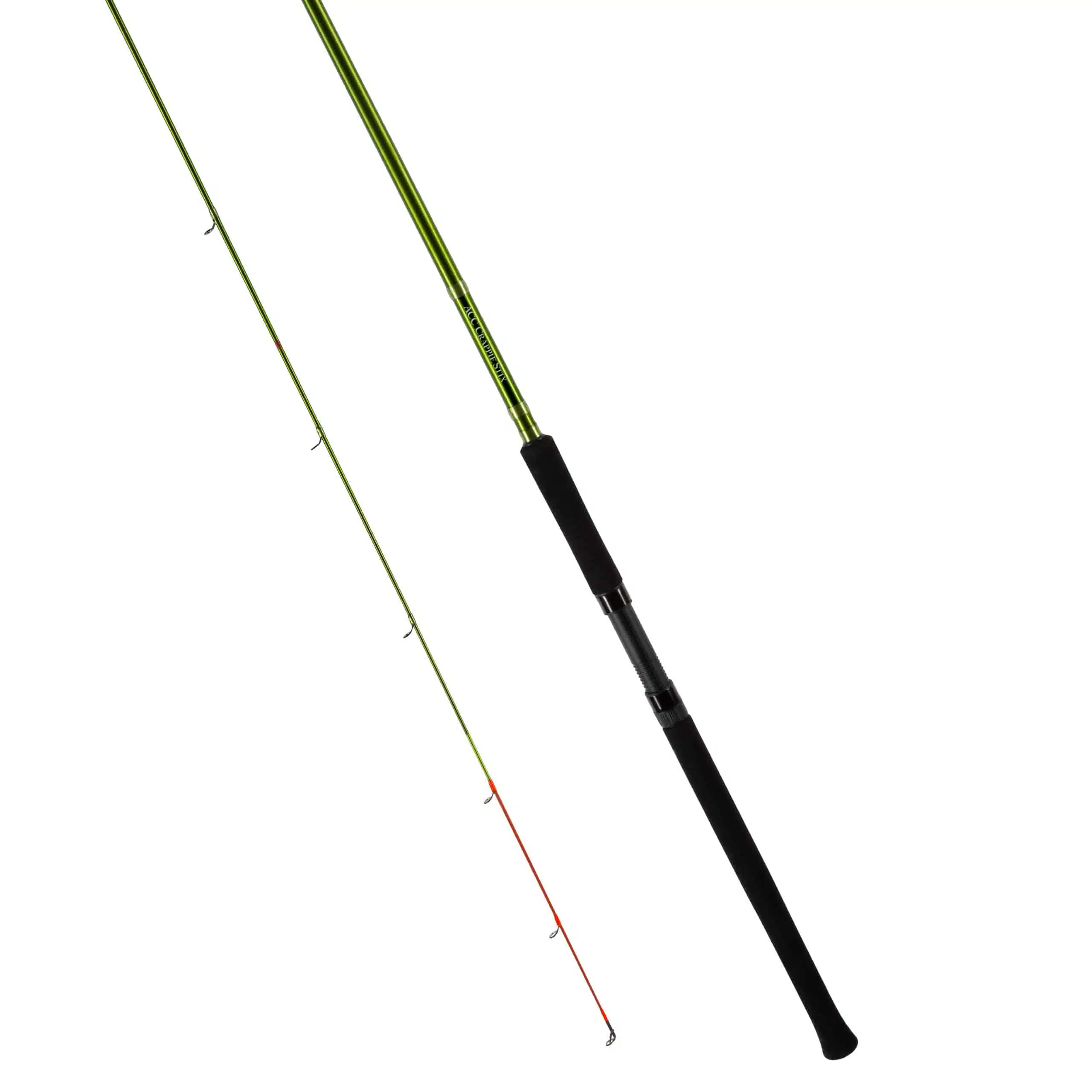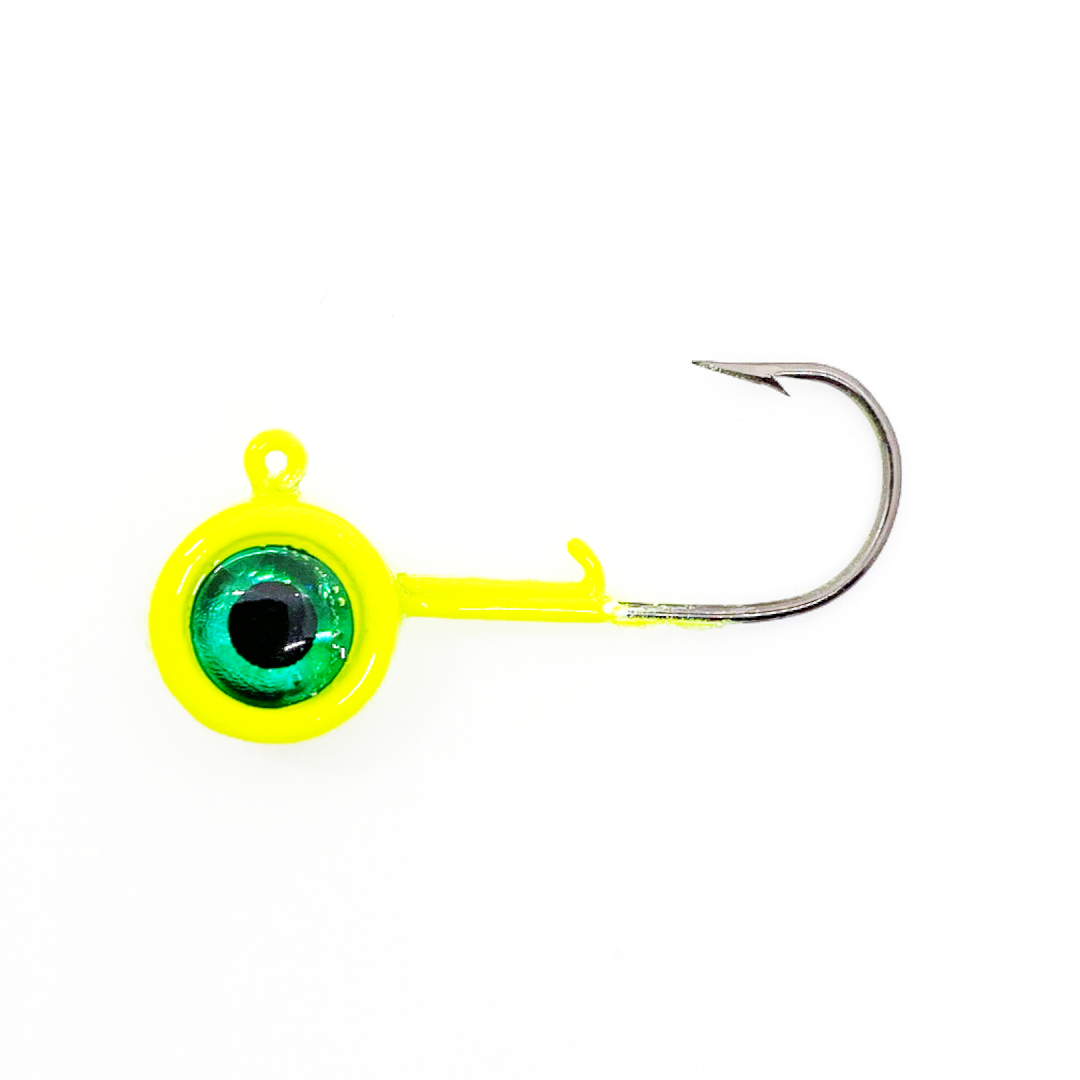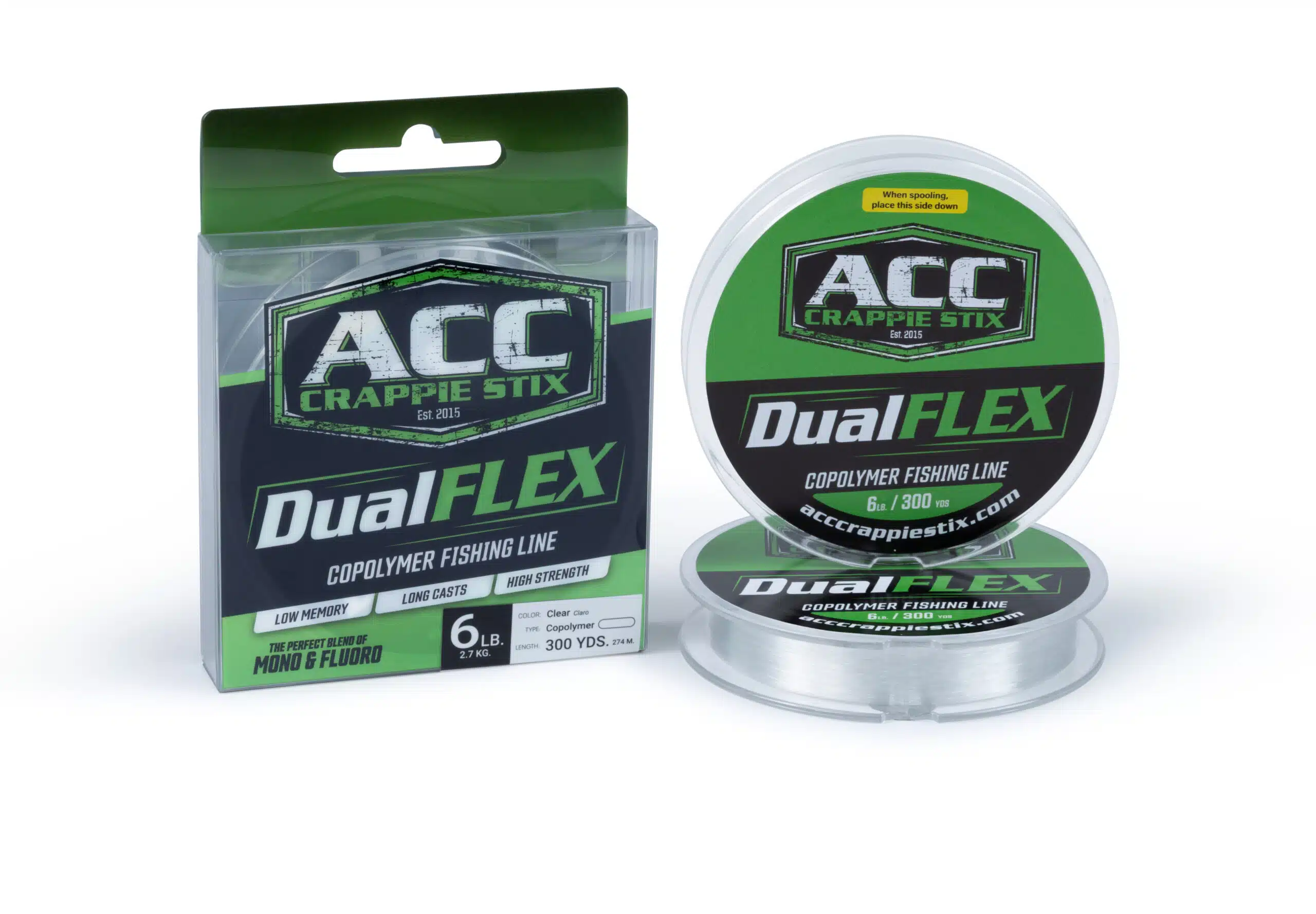Want to make a living in fishing? Choose carefully
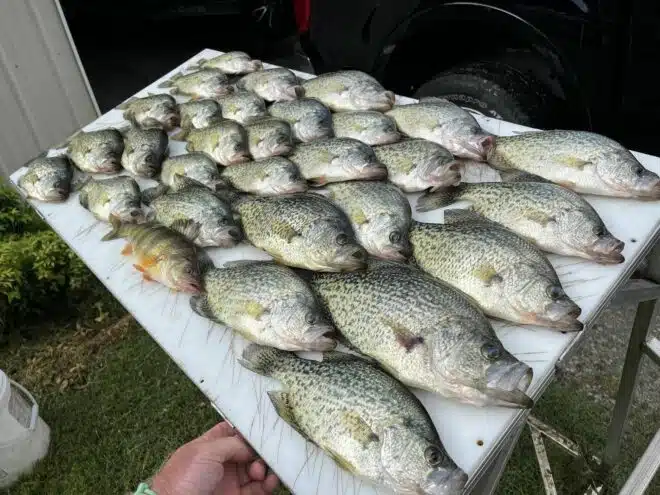
By Greg McCain
The idea of earning a living from fishing burns intensely in the minds of many.
The passion goes beyond just a love of fishing. Some people, including many young fishing enthusiasts, explore the idea with the intent of making a livelihood from the sport.
In the crappie fishing world, the possibilities are limited – although perhaps not exclusively so – to fishing tournaments, building a guide service, creating digital content, or developing a business. As a businessman who has also guided and tournament fished in years past, ACC Crappie Stix owner Andy Lehman has a unique perspective on the idea of making money in the fishing business.
He gets the question regularly: How can I make money fishing?
“I get asked a lot from younger guys and even from those who are older about how to make money in the fishing industry,” Andy said.
Andy’s answer and subsequent analysis might not always parallel the dreams and visions of those who ask the question. His answer: find a career path that puts you on the water with a chance to earn a living in the process. For Andy, that premise discounts tournament fishing as a primary source of income.
“If you want to fish every day, you either need to guide or YouTube,” he said. “If you’re guiding, you’re fishing. If you’re YouTubing, you’ve got to go fishing.
“I know people who make six figures guiding. It’s hard work, but I know several who make six figures. I know people who make six figures YouTubing.
“If you start up a product business – baits, rods, reels – it’s going to take away from your fishing. Definitely it’s cut mine down by 80 percent, maybe 90 percent.”
Even then, success is not always guaranteed despite a passion for a business and the commitment that normally accompanies it.
“Give it five years,” Andy said. “After five years, if you’re seeing some traction and profitability, then maybe give it five more. If you’re not seeing any traction, it might be time to cut loose.”
About the tournament angle, Andy said there is a time and place for competitive fishing, but making money is an elusive part of the equation, especially in crappie fishing.
“I don’t have any problem with tournament guys,” he said, “especially with grown men who have the time and money to do it. I don’t have any problem with hopping in a local or club event or taking a kid fishing to introduce them to the sport.”
Andy continued the thought about the reality of tournament fishing. While the addiction – more than one tournament competitor has talked about the allure of topping the leaderboard and standing victorious on stage – may have its grasp on many fishermen, the opportunity to make money, a true living, is reserved for only the very best. Even then, the chances of maintaining that type of success are minimal.
“There are only one or two teams actually making money tournament fishing,” Andy said, “and only one of them making a lot of money. The rest of them not as much based on the time that they put into it.
“Most guys are just losing a lot of money. They are not only losing money, but they get home and have to put on new electronics or are dealing with a boat torn up in the garage. They are spending their entire week not spending time on family. It’s one thing if you’re building something. It’s another thing if there is no productive end in sight.
“At the end of tournament fishing, you have nothing. You walk away. You don’t get a goodbye. You don’t get a pat on the back. You don’t get an ‘atta boy.’ It’s just ‘where’s Bob? We don’t know what happened to him. He’s gone.’ You’re not building your own thing. You’re literally spending all of your time and energy away from your family with zero return on investment.”
Andrew Nordbye and Tim Howell, both members of the ACC Crappie Stix pro staff, offer similar advice for anyone with designs on pursuing a living fishing. Neither relies exclusively on fishing for their livelihood although both have built highly successful brands over the last 10 years. Their basic advice is to pursue your dream but be realistic and financially sound in the process.
In addition to his day job, Andrew, based in Guntersville, AL, is a bass tournament competitor and also develops digital content for his YouTube channel, Fishing with Nordbye. Retired from law enforcement, Tim (follow Long Branch Guide Service LLC on Facebook) operates a successful guiding business in Mississippi.
“As far as professional fishing goes and tournament fishing, I would say it would be really hard to make a living even if you were one of the most consistent guys out there,” Andrew said. “It would be tough to make a living without the help and support of sponsors and partners.
“I would also say that many professional fishermen run their own businesses or have side gigs that they have going on as well. And sometimes it takes many years to get there.”
Tim actually started out running a fishing-related business before finding his niche guiding.
“To me, guiding was the only route that I saw to making money,” Tim said. “I actually started with a bait shop. I could barely keep the lights on, even on a prominent lake. I was right there at a boat ramp on Enid. It was so seasonal, good for a couple of months out of the year and after that, it was feast or famine.
“I started guiding and saw the opportunity there to make so much more money.”
Although he has experienced a downturn in business this year, the result for Tim was a “seven- or eight-year period with an average of over 300 days on the water.”
Andrew takes a conservative approach to tournament fishing. His suggestion: Pay for it in advance.
“To fish professionally, you have got to be smart about it,” he said. “You can’t fish the tournaments that are not financially smart or stable. You’ve got to plan for it or find yourself in a difficult situation.
“If you’re passionate, pursue it in a way that’s feasible.”
And how does he define the feasibility of tournament fishing for a living?
“It’s up to the person,” Andrew said. “Some people are more prepared to take risks than others. Some are not comfortable going into credit card debt just to fish tournaments. I definitely like to pay for it up front. Some people get into bad financial situations by being too risky.”
Andy used an analogy from the sports world to compare the hold that tournament fishing has on some anglers.
“It’s an addiction,” he said. “They don’t see it. They think that the next tournament is going to be the one. It’s like being a Cubs fan, I guess.”
Andy chooses his pro staff members carefully. Very few, if any, are exclusively tournament anglers.
“As a business owner in the industry, we don’t really have any strictly tournament anglers,” he said. “Tournament wins don’t really move the needle. The reason we have them on pro staff is because they do other things. They guide. They do social media. I will sponsor a guide and a YouTuber over a tournament angler every single time, every single time.
“Such a small percentage of the population follows who wins a crappie tournament.”
Andy does not offer this advice to squash the dreams of a prospective tournament angler or for any other career path in fishing. He does advise caution. He’s been there, enduring the vagaries of the business climate and a difficult launch to ACC Crappie Stix about 10 years ago. He speaks from experience.
Time, dedication, commitment, and hard work lead to success and a long-term living derived from the fishing industry. These qualities help but do not ensure a career in fishing. Choose the path carefully.
